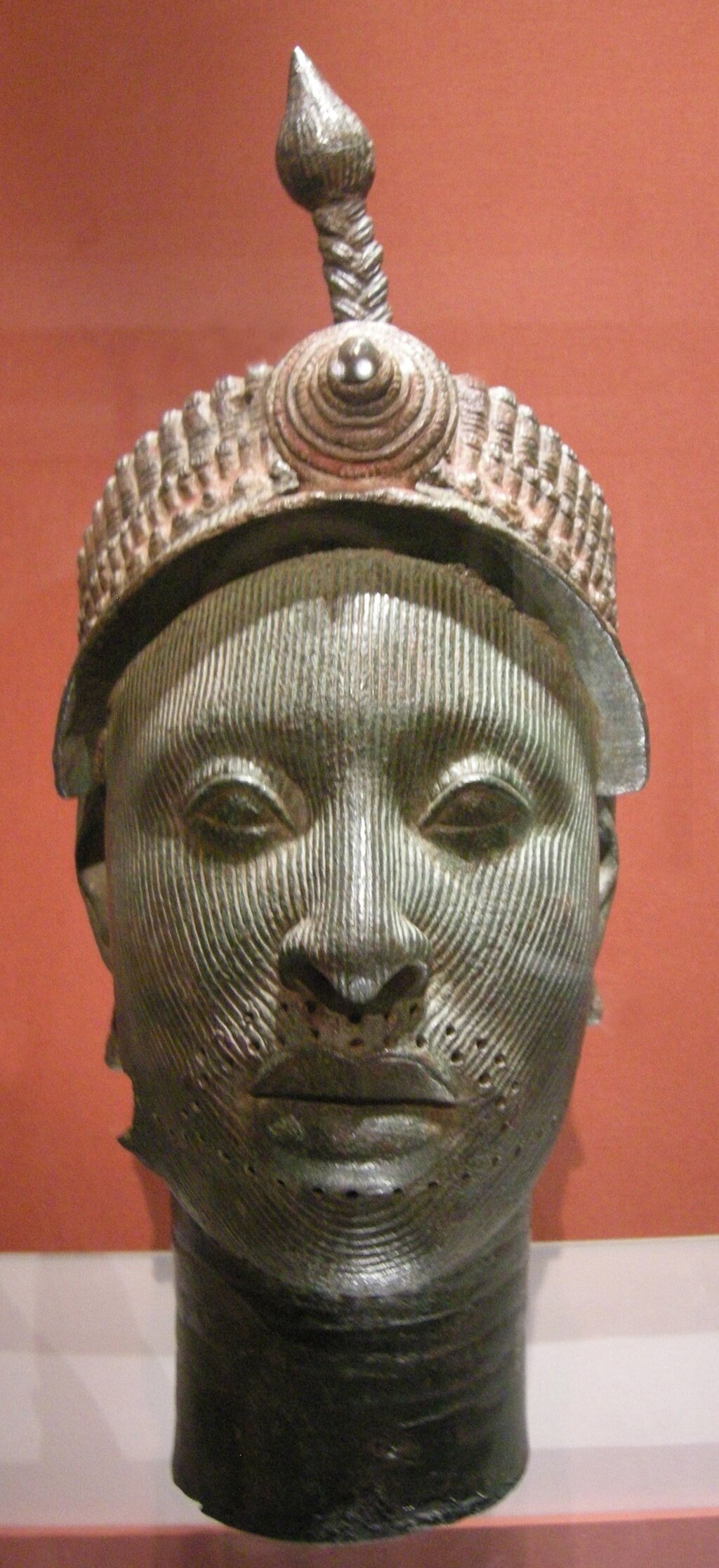This Bronze Head from Ife is one of eighteen sculptures unearthed in 1938 at Ife in Nigeria, the religious and former royal center of the Yoruba people.
The Yoruba people regard Ife as the place where their deities created humans. It was made in the thirteenth century, well before any European contact with the local population.
The realism and sophisticated craftsmanship of the objects challenged Western conceptions of African art at the time.
The head is made using the lost wax technique, and the artist designed the head in a very naturalistic style. The face is covered with incised striation, and the headdress consists of a crown composed of layers of tube-shaped beads and tassels.
A crest tops the king’s crown with a rosette and a plume. The lifelike rendering of sculptures from medieval Ife is exceptional in sub-Saharan African art.
When the Ife heads first appeared in the Western World, experts did not believe that Africa had ever had a civilization capable of creating artifacts of this quality.
Later excavations in Nigeria have provided scientific evidence of a metalworking culture and bronze artifacts that may be dated to the ninth or tenth centuries.
Ife
The oldest signs of human settlement at Ife’s current site date back to the 9th century, and its material culture includes terracotta and bronze figures.
For centuries, various peoples from this region traded overland with traders from North Africa. Ancient Ife also was famous for its glass beads, which have been found at sites as far away as Mali, Mauritania, and Ghana.
In the 16th century, Spanish and Portuguese explorers were the first Europeans to begin significant, direct trade with modern-day Nigeria peoples. Europeans traded goods with peoples at the coast, which marked the beginnings of the Atlantic slave trade.
The majority of those enslaved were captured in raids and wars.
Nigeria
Nigeria is in West Africa, bordering Niger, Chad, Cameroon, and Benin, and its capital is Abuja. Nigeria has been home to several ancient and indigenous kingdoms and states over the millennia.
The modern state originated from British colonial rule beginning in the 19th century.
In the 16th century, Portuguese explorers were the first Europeans to begin significant, direct trade with modern-day Nigeria peoples. Coastal trade with Europeans also marked the beginnings of the Atlantic slave trade.
Calabar’s port became one of the most significant slave trading posts in West Africa in the era of the transatlantic slave trade.
A changing legal imperative when the transatlantic slave trade outlawed by Britain in 1807 and a desire for political and social stability led most European powers to support the widespread cultivation of agricultural products, such as the palm, for use in the European industry.
Bronze Head from Ife
- Title: Bronze Head from Ife
- Date: 1300, C.E.
- Culture: Yoruba people, Nigeria
- Find Spot: Ife in Nigeria,
- Materials: Heavily leaded zinc-brass
- Acquisition: 1939
- Dimensions: 35 cm high
- Museum: The British Museum
The Bronze Head from Ife
A Virtual Tour of the British Museum
Ancient Egypt and Sudan Collection
- The Rosetta Stone
- The Battlefield Palette 3100 BC
- Quartzite Head of the Egyptian Pharaoh Amenhotep III
- Colossal Granite Statue of Amenhotep III
- Hunters Palette
- Tomb of Nebamun
- Younger Memnon (Ramesses II)
Head of an Ife King from Nigeria
Middle East Collection
- The Lion Hunt
- Cyrus Cylinder
- Royal Game of Ur
- Gilgamesh Flood Tablet
- Stela of Shamshi-Adad V
- Standard of Ur
- Ram in a Thicket
- Tell al-‘Ubaid Copper Lintel
Africa, Oceania and the Americas Collection
- Double-Headed Serpent
- Hoa Hakananai’a / Moai from Easter Island
- Hawaiian Feathered Helmet
- Bronze Head from Ife
- Benin Ivory Mask
Kingdom of Ife: Ife uncovered
Nigerian Proverbs & Sayings
~~~
“A man being short does not make him a boy.”
~~~
“Love will always be better than a whip.”
~~~
“A bird does not change its feathers because the weather is bad.”
~~~
“The habits that a child forms at their home will determine how they behave in their marriages.”
~~~
“A bird that flies from the ground onto an anthill does not know that it is still on the ground.”
~~~
“The same sun that melts the wax is also capable of hardening clay.”
~~~
“If you sleep with itching anus, you will wake up with your hands smelling.”
~~~
“A child is what you put into him.”
~~~
“If life has beaten you severely and your face is swollen, smile, and act as a fat man.”
~~~
“A child who fears a beating would never admit that he played with a missing knife.”
~~~
Head of an Ife King from Nigeria
~~~
“In the moment of crisis, the wise build bridges, and the foolish build dams.”
– Nigerian proverb
~~~
Photo Credit: 1) I, Sailko [GFDL (gnu.org/copyleft/fdl.html) or CC BY-SA 3.0 (creativecommons.org/licenses/by-sa/3.0)], from Wikimedia Commons
Popular this Week
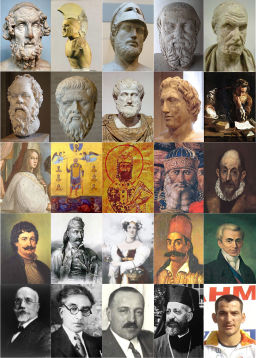
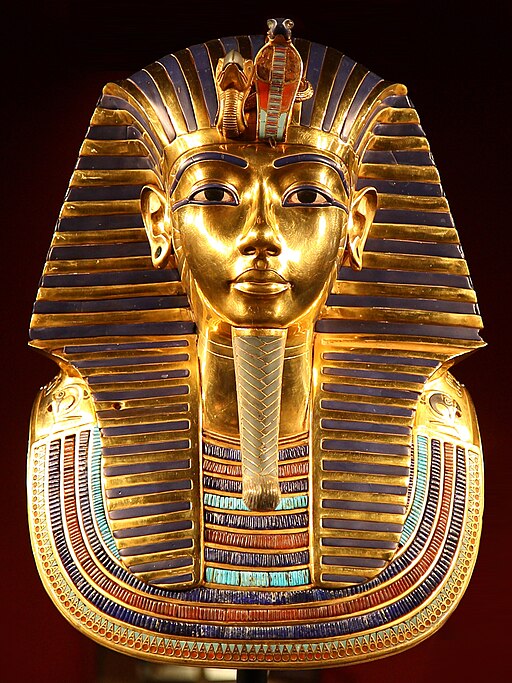



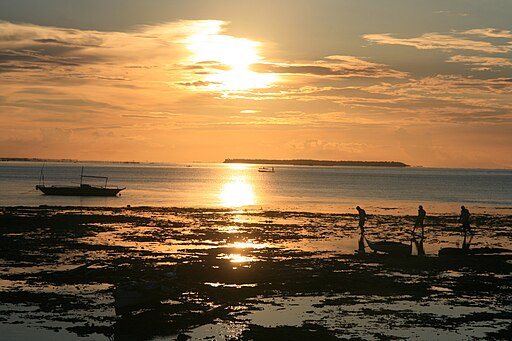
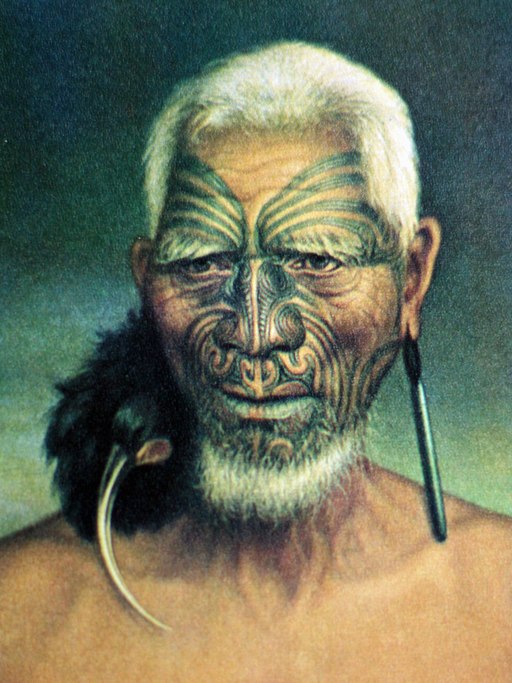
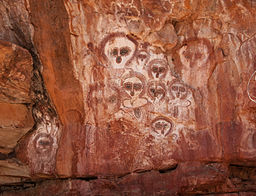
 Sponsor your Favorite Page
Sponsor your Favorite Page SEARCH Search for: Search Follow UsJoin – The JOM Membership Program
Sponsor a Masterpiece with YOUR NAME CHOICE for $5
Share this:
- Tweet

